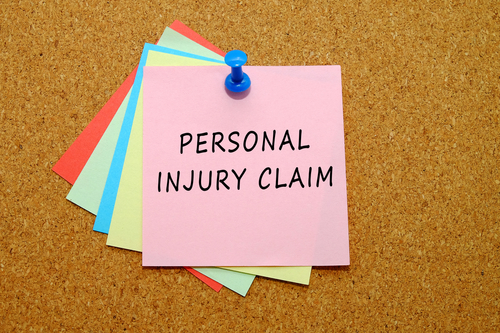When we are at work we put our health and safety in the hands of our employers, we trust that we can carry out our duties in a manner that does not affect our long term health and well-being. It is therefore appropriate that sufferers of industrial deafness can claim compensation for their industrial deafness by making a Personal Injury claim for loss of hearing against their employer’s insurers. I can help bring industrial claims for deafness throughout the UK for:-
- Noise Induced Hearing Loss Compensation Claim: experienced as muffled, or deadened sounds, or difficulty in hearing, especially in crowded environments, or speech sounds. Noise induced hearing loss (industrial deafness) tends to occur as a result of long term excessive noise exposure without adequate hearing protection
- Tinnitus: experienced as ringing or buzzing in the ears, and again likely to have been caused by long term noise exposure.
Noise Induced Hearing Loss and Tinnitus are all possibilities when excessive workplace noise is prevalent. Our hearing is sensitive and delicate, and it’s easy to take it for granted until it’s no longer there or as good as it was. Noise exposure is the biggest cause of hearing loss so it needs to be taken extremely seriously but often isn’t.
Various different workplace environments have been responsible for causing industrial deafness (noise induced hearing loss), for example: coal mining, ship building, textile manufacturing; factories; engineering; car manufacturing; and road drilling.
Can I Claim For Industrial Deafness/Hearing Loss?
How to claim for hearing loss: the key to making a successful compensation claim for Noise Induced Hearing Loss is that your employer did not protect you from that risk. This would include providing Personal Protective Equipment (PPE) such as ear plugs and/or defenders, and additionally ensuring that you have received adequate training and instruction in the dangers of noise. They should also monitor your hearing by carrying out a industrial hearing loss test at regular intervals. I work with you to establish whether your employer failed in their responsibilities, and I investigate all cases personally ensuring your case receives my dedication, focus and legal expertise. This is crucial as claims for industrial deafness are difficult and need to be handled a specialist solicitor.
If you are still employed by the employer you think may be responsible for your hearing difficulties, please do not worry. All employers are obliged to have Employer’s Liability Insurance to enable claims to be made and paid, and additionally Employment Law protects your rights as an employee so your employment is not at risk.
Hearing Loss Compensation Claim UK Time Limit
How long do you have to claim for industrial deafness? Often the hearing impairment does not manifest until years later – I am an expert in understanding these cases, and getting to the root of your difficulties – as long as you bring your claim within 3 years of when your hearing loss became “significant” i.e. serious enough to do something about, not when you first noticed it, then I can help you make successful industrial deafness claims.
Noise Induced Hearing Loss Solicitors
How do I claim for industrial deafness? You need a specialist solicitor! I specialise in noise induced hearing loss claims, and I use my expert legal knowledge to personally undertake all such claims throughout the UK ensuring you receive the compensation you are entitled to for which I use a hearing loss compensation calculator. I am not a Claims Management Company, but a solicitor specialising in noise induced hearing loss compensation amounts. I carry out all such claims on a genuine No Win No Fee basis, believing you have suffered already and aiming to help you get the compensation you deserve without additional cost to yourself.
Contact Nigel Askew Solicitor
If you wish to seek no win no fee industrial deafness compensation for Noise Induced Hearing Loss or Tinnitus arising from your employment, get in touch with me on 01507 609027 or online for a free, no-obligation consultation. I deal with cases on a no-win, no-fee basis. There are no hidden charges.



